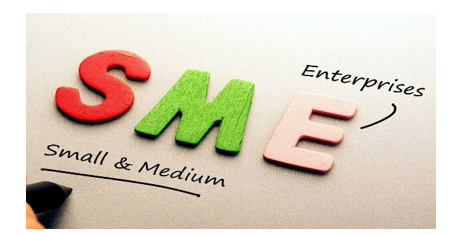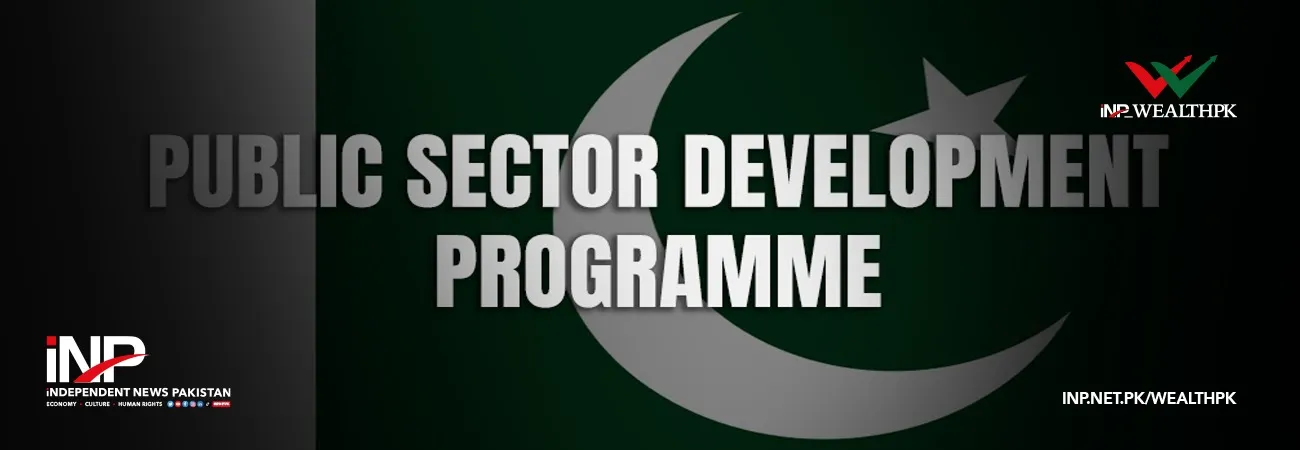INP-WealthPk
Amir Khan

Small and medium enterprises (SMEs) are facing significant obstacles in their growth, with the turnover tax being a major hurdle, requiring them to pay a minimum tax of 1.25%, regardless of profitability. Talking to WealthPK, Member Executive Committee of All Pakistan Textile Mills Association Shaikh Mohammad Tanveer explained that the current tax policy, designed to streamline tax obligations, affects the SMEs differently than the larger, vertically integrated firms. He said the vertically integrated firms, which handle all production stages internally, pay the turnover tax only once on the final product. Conversely, the SMEs often depend on various independent entities for different production stages, from sourcing raw materials to distribution and retail. "Each of these transactions incurs the turnover tax, thus increasing the tax burden throughout the production chain.
As a result, this tax structure, intended to create a uniform tax environment, unintentionally places the SMEs at a competitive disadvantage compared to the vertically integrated firms," he pointed out. Despite the SMEs contributing approximately 40% to the GDP, accounting for 25% of export earnings, and employing 78% of the non-agricultural labor force, they encounter numerous challenges that hinder their development, as highlighted in a recent report from the State Bank of Pakistan. Talking to WealthPK, Syed Sibt-e-Abbas Zaidi, Joint Secretary of Industries and Production, said the combined tax substantially raises expenses for the SMEs, making their products costlier and less competitive in the market compared to those made by the vertically integrated companies. This effect is noticeable across various industries, especially in sectors like textiles, where the SMEs rely on sourcing yarn and fabric and assembling the final product from different suppliers.
Each transaction in this process incurs the turnover tax, adding extra costs that vertically integrated firms do not face in the same way. "Furthermore, the financial strain imposed by the turnover tax limits the SMEs' ability to reinvest in their businesses. With higher taxes eating into their margins, the SMEs find it challenging to expand, adopt new technologies, or enhance their workforce, further stifling their competitiveness and growth potential," he highlighted. Reforming the turnover tax policy is crucial to levelling the playing field for the SMEs. By easing the tax burden on SMEs, Pakistan can foster a more inclusive economic environment that supports SME growth, innovation, and job creation.
Credit: INP-WealthPk













